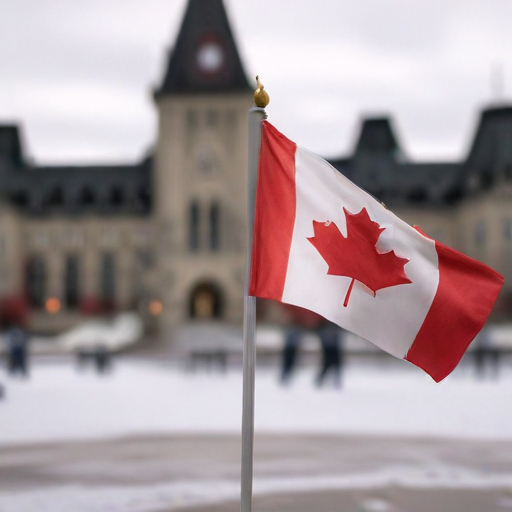Canadian Prime Minister Justin Trudeau’s administration is facing significant turmoil following the resignation of a key Cabinet minister, Finance Minister Chrystia Freeland. Her unexpected departure, which occurred just hours before she was scheduled to deliver an annual fiscal update, has raised questions about Trudeau’s leadership and the future of his government.
Freeland’s resignation stems from escalating tensions between her and Trudeau over how to tackle impending tariffs from the incoming U.S. President Donald Trump. In her resignation letter, Freeland expressed that their perspectives on Canada’s economic strategy had diverged and emphasized the need for Canada to remain resilient in the face of aggressive economic nationalism from the U.S. She criticized what she referred to as “costly political gimmicks,” advocating instead for prudent fiscal management amidst the looming economic threat.
Trudeau, once a symbol of hope and progressive values, gained significant popularity when he was elected in 2015. However, his standing has steadily declined due to a series of political missteps and public dissatisfaction surrounding economic issues. Recent polling data indicates that Trudeau’s favorability now lags behind that of the incoming U.S. president, highlighting the growing discontent among Canadians.
The implications of Freeland’s resignation extend beyond Trudeau’s leadership; they signal deeper divisions within the Liberal Party. As pressure mounts for Trudeau to step down, several members of his party, as well as the opposition, have begun calling for new leadership. With the next federal election legally required by October and potential for it to occur sooner, the political landscape in Canada appears increasingly precarious.
This moment in Canadian politics is pivotal. While the immediate situation may seem dire, it could also present an opportunity for renewal and reexamination of the issues plaguing the government. Engaging in constructive dialogue about policies and forging a path towards reconciliation with voters may restore some faith in government functionality.
In summary, Trudeau’s administration is at a crossroads, marked by Freeland’s resignation and a growing chorus of voices calling for change. As Canada braces for potential economic challenges, the outcome of this political instability could lead to a profound reshaping of its leadership landscape. The hope remains that this scenario can result in a more responsive government that better addresses the needs and concerns of its citizens.
